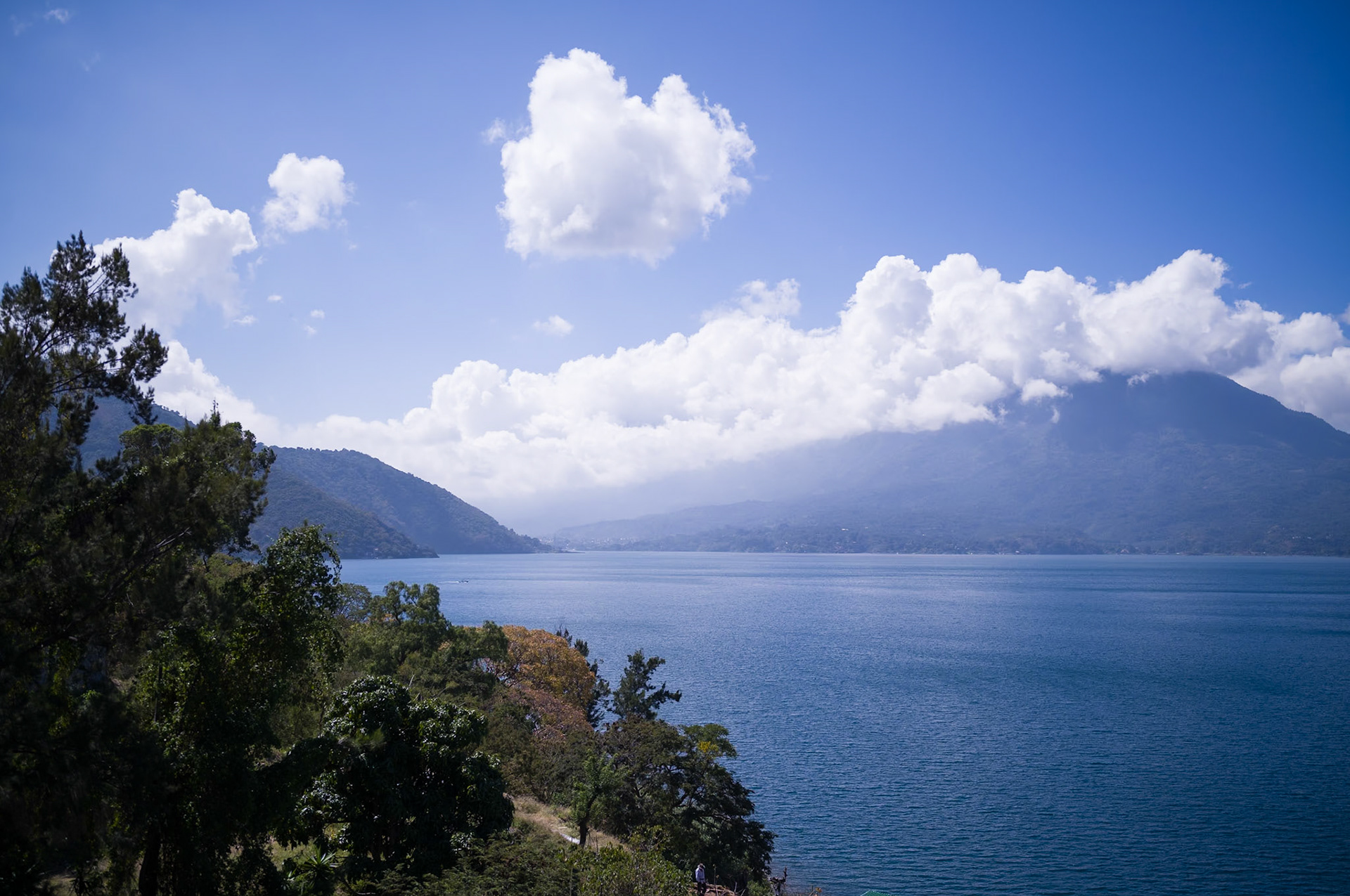
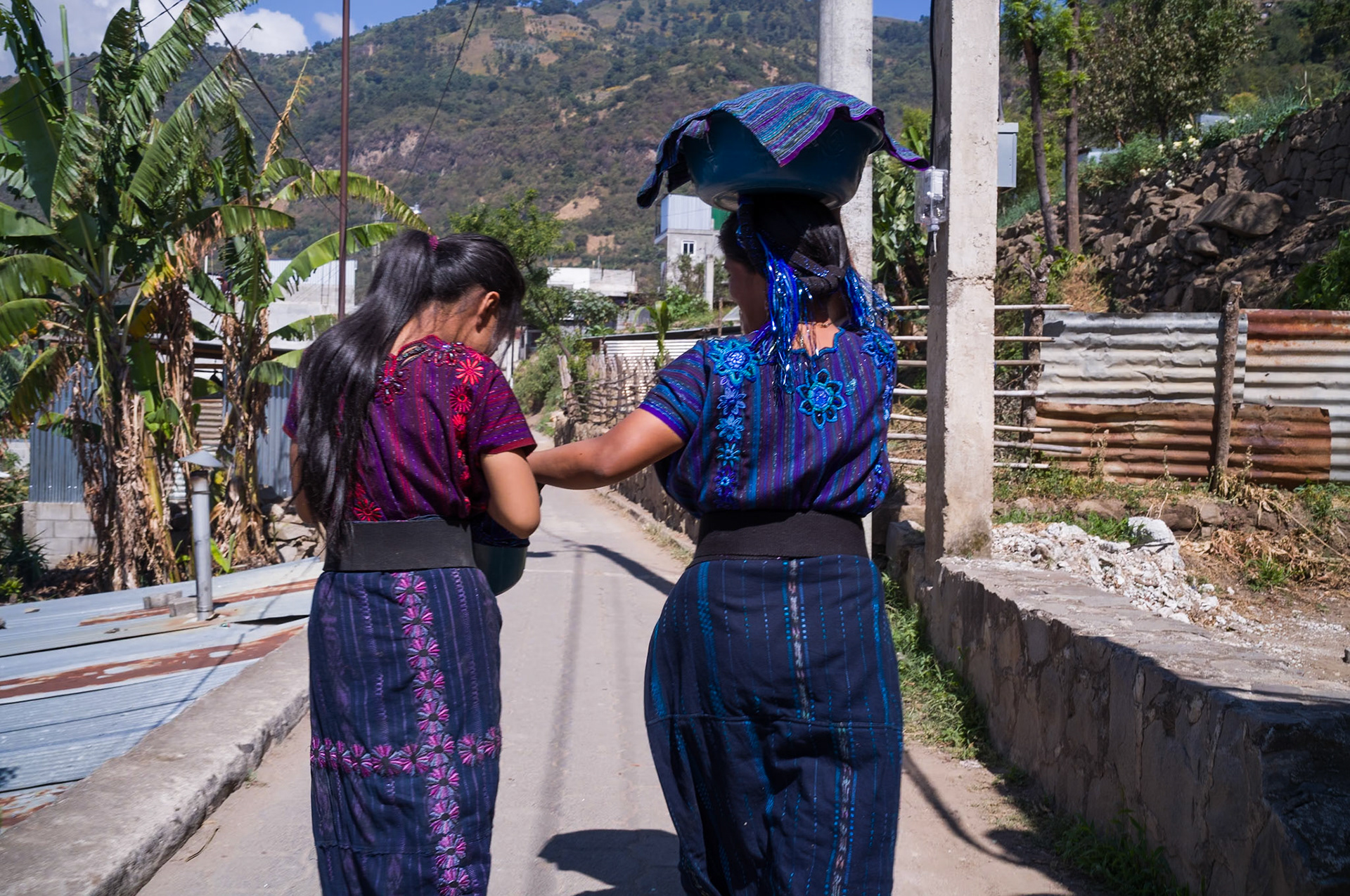
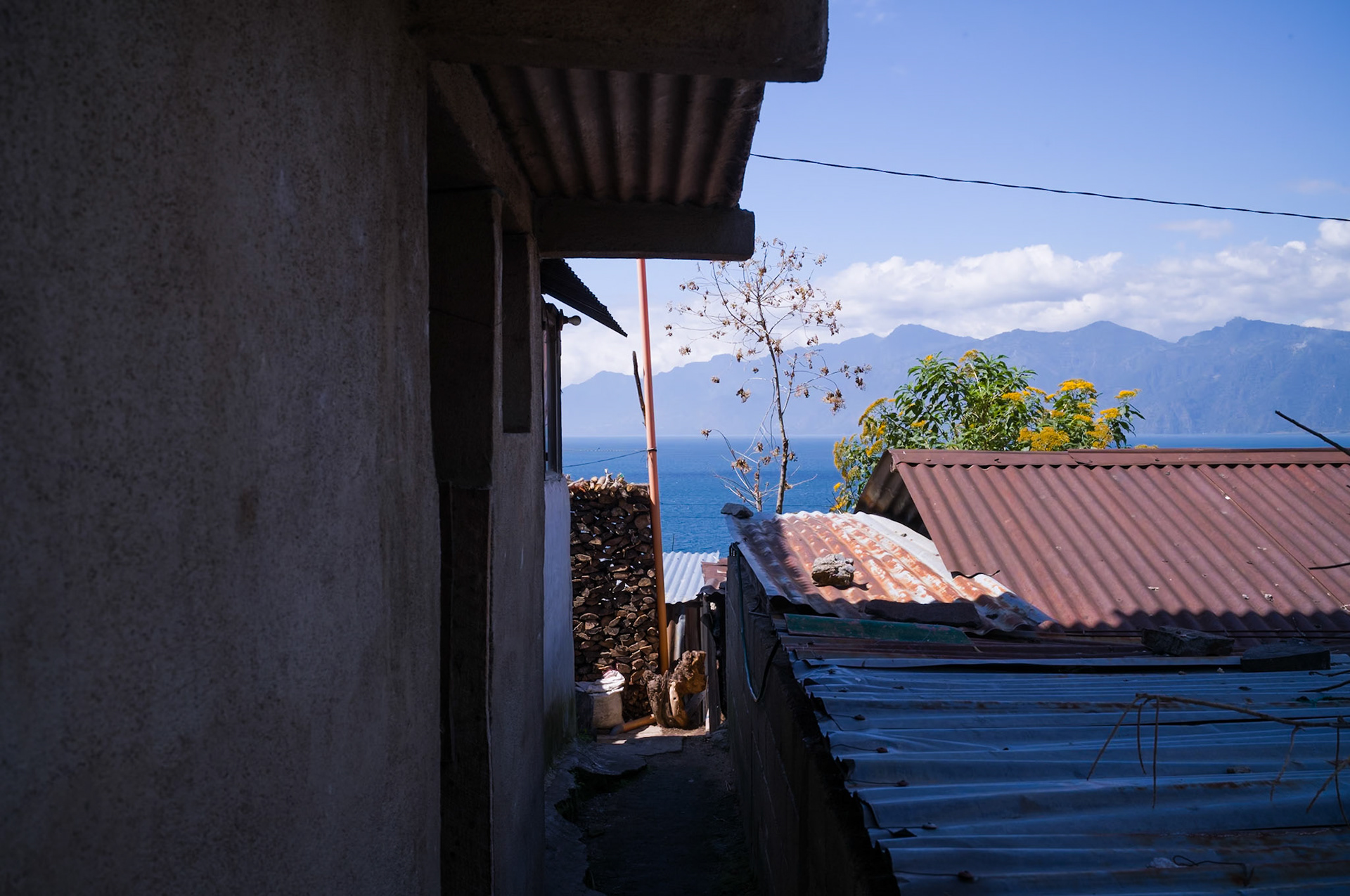
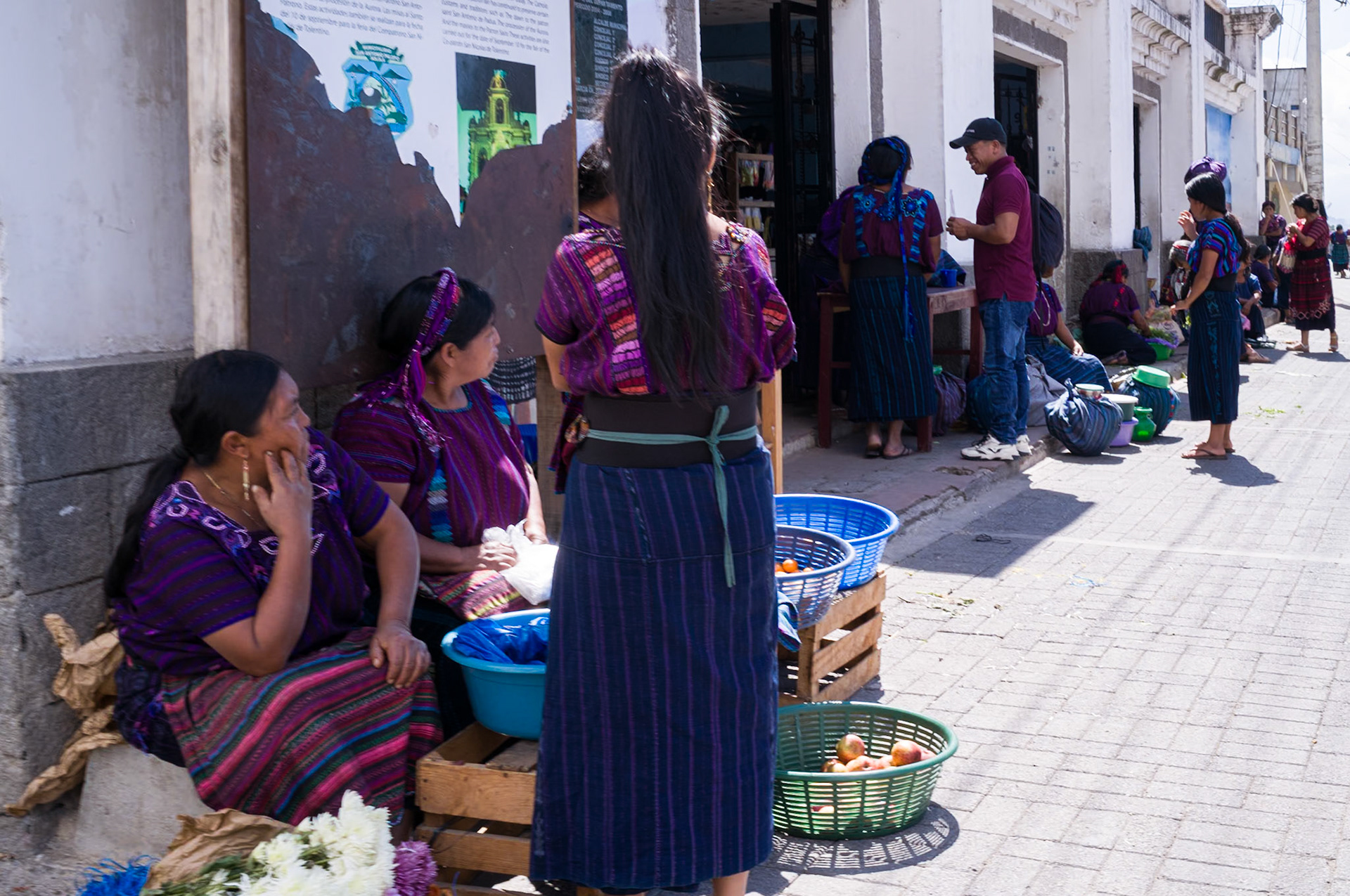
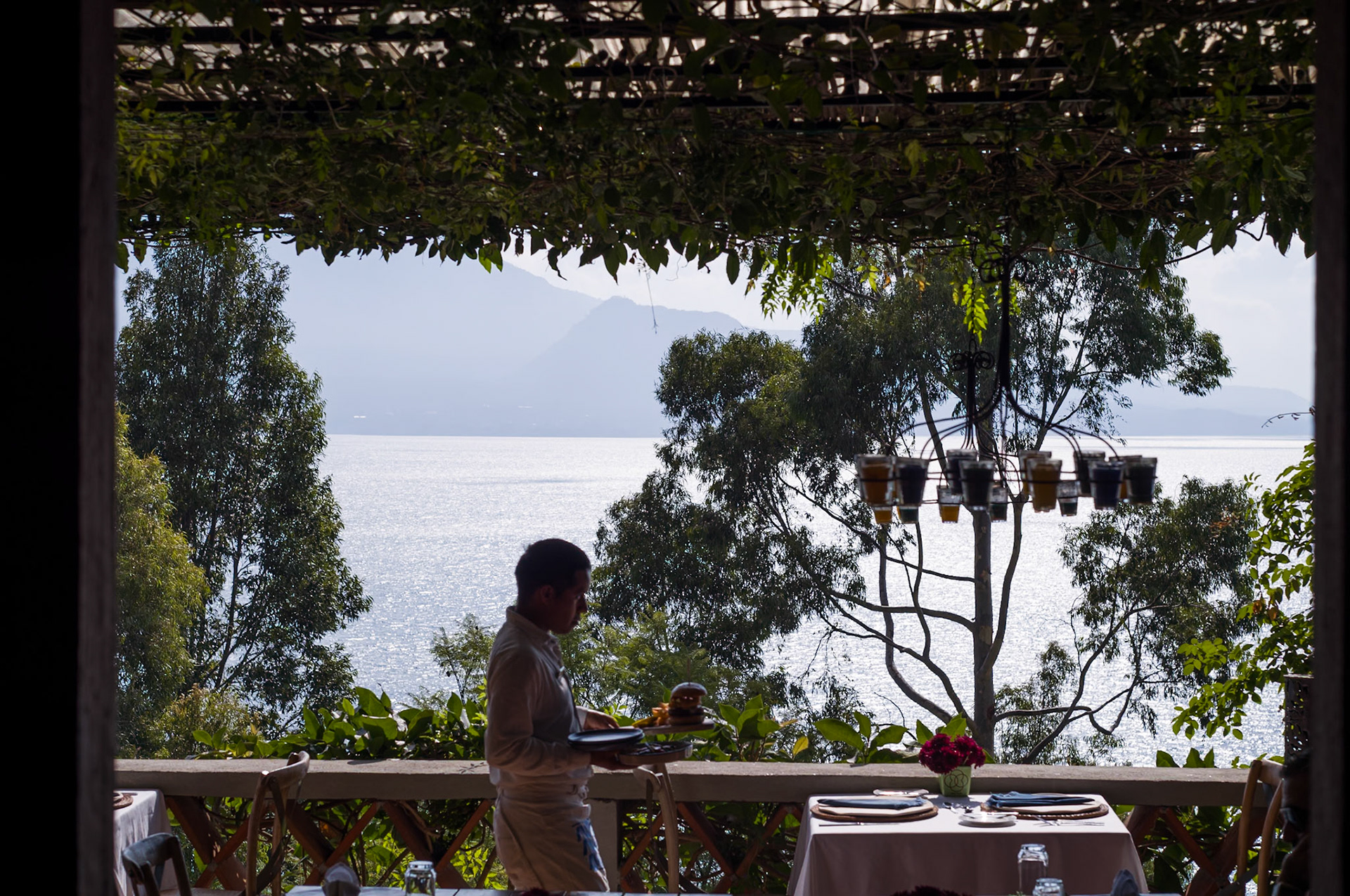

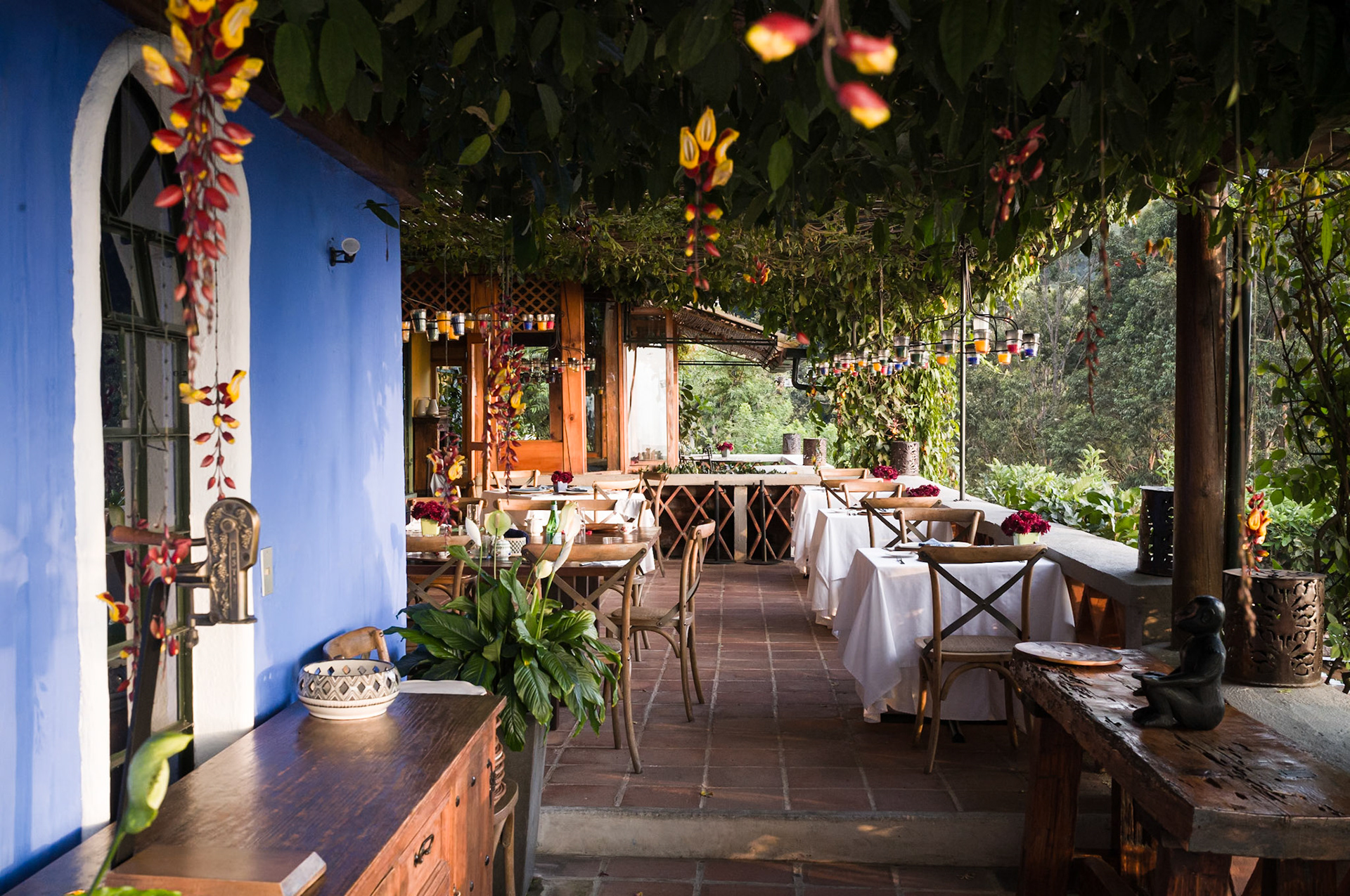
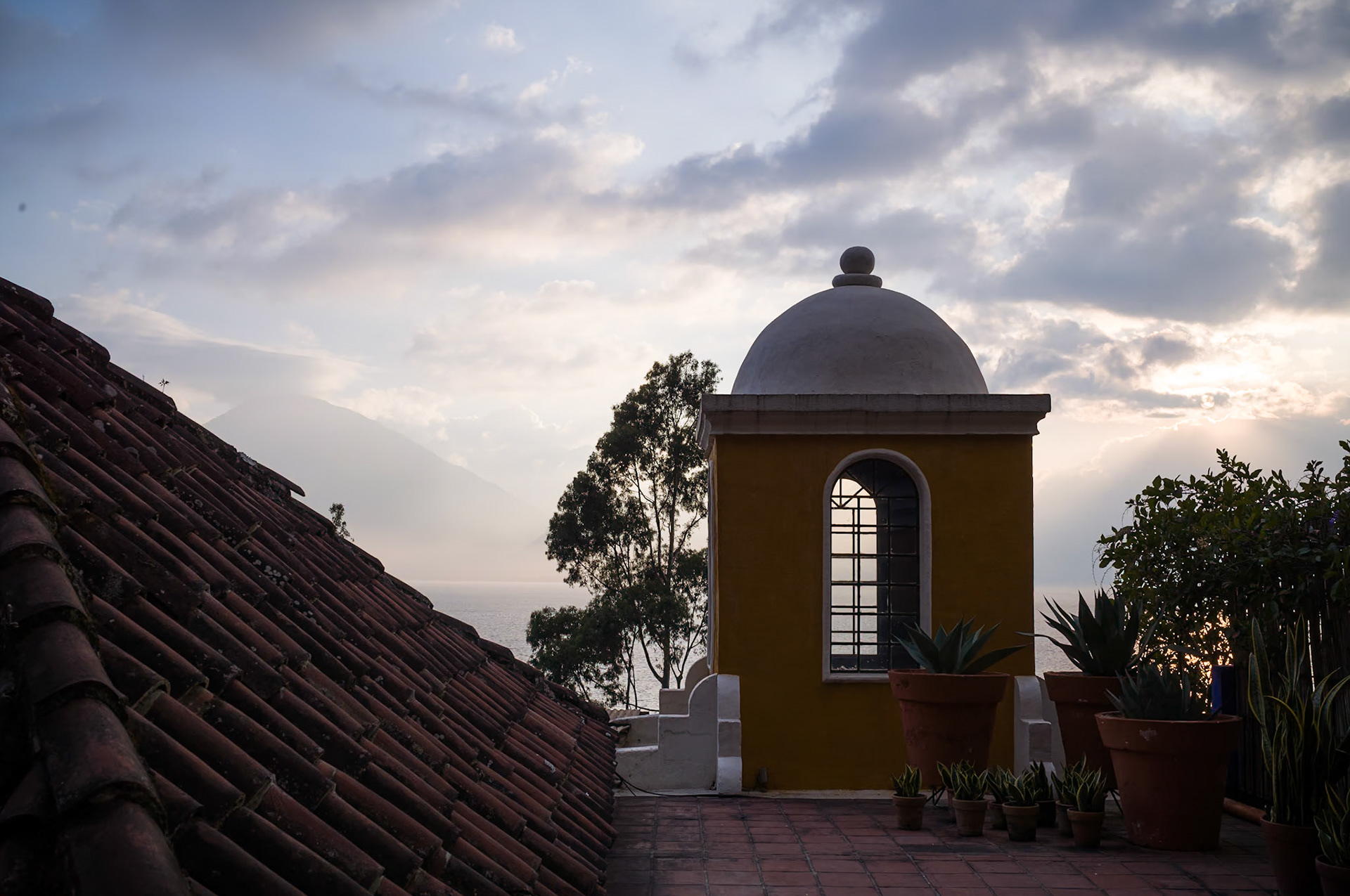
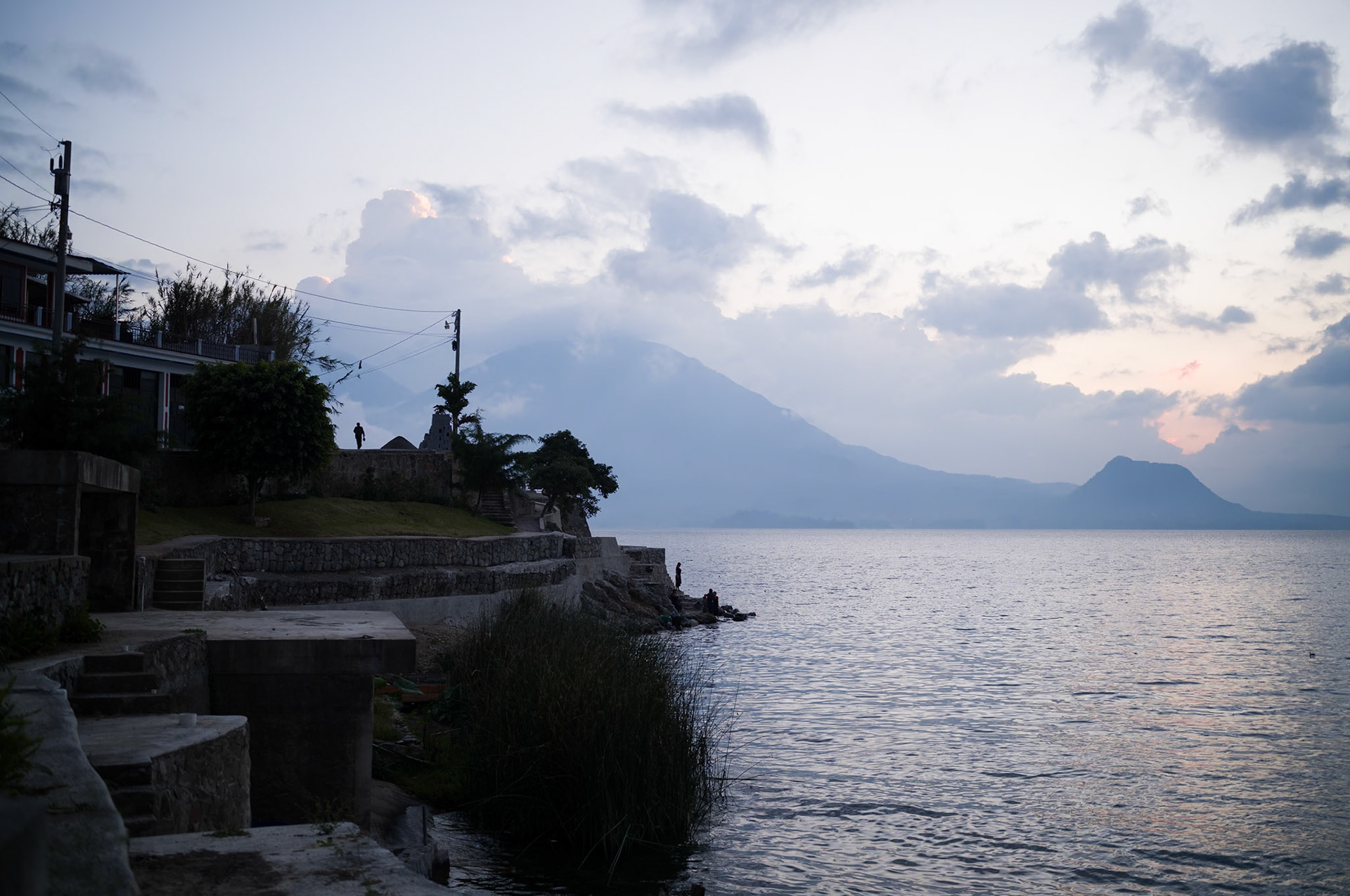
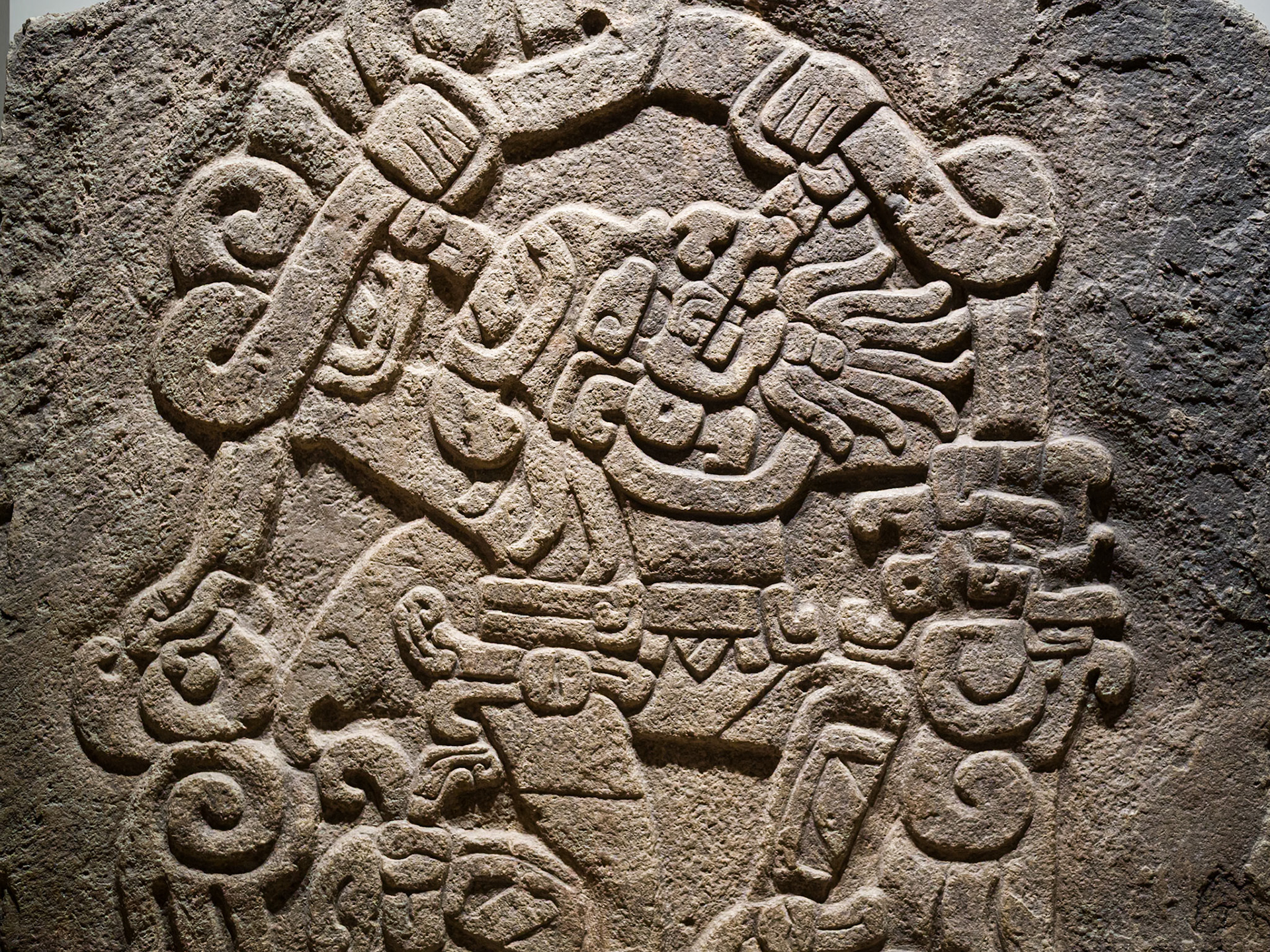
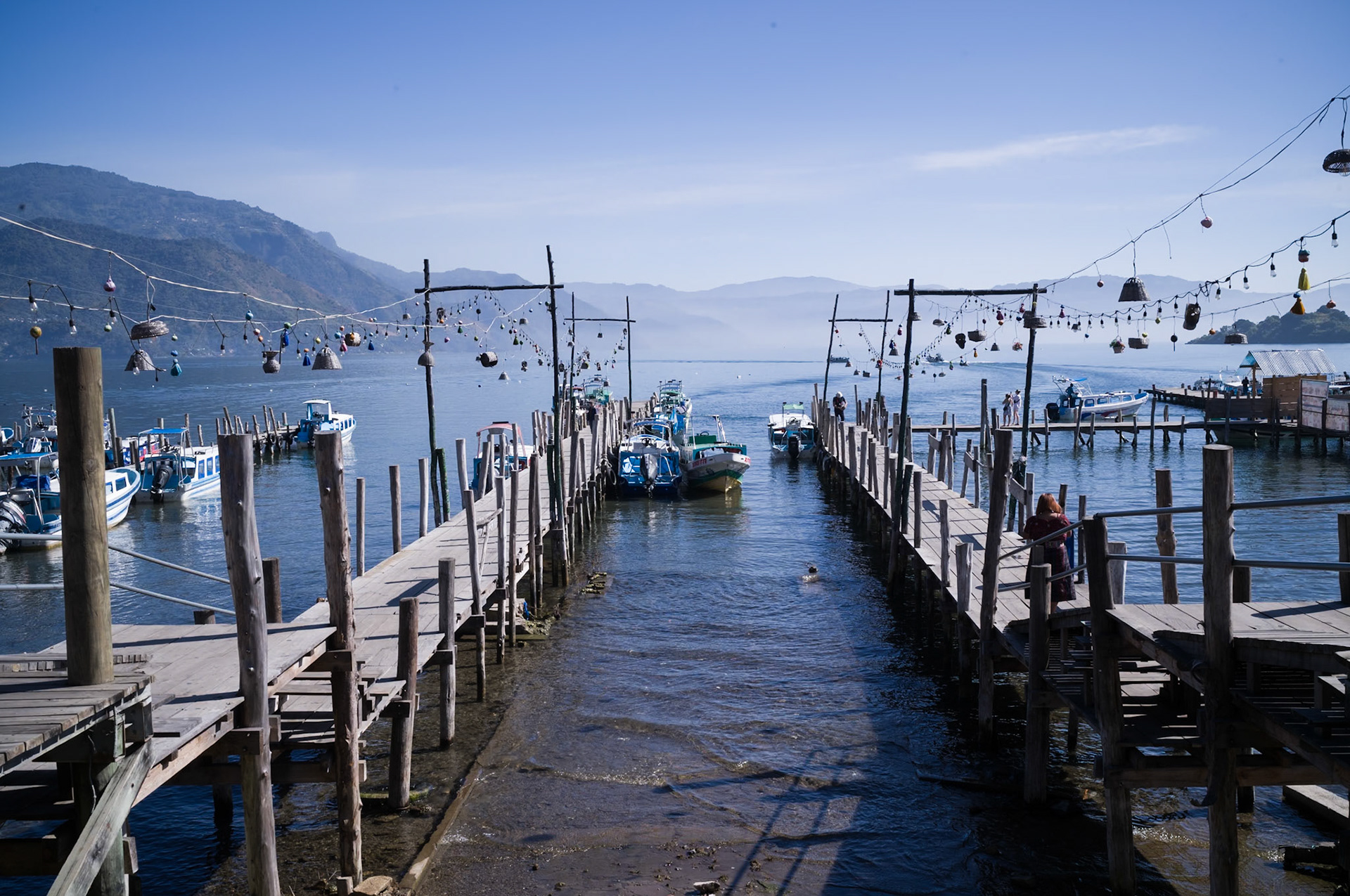
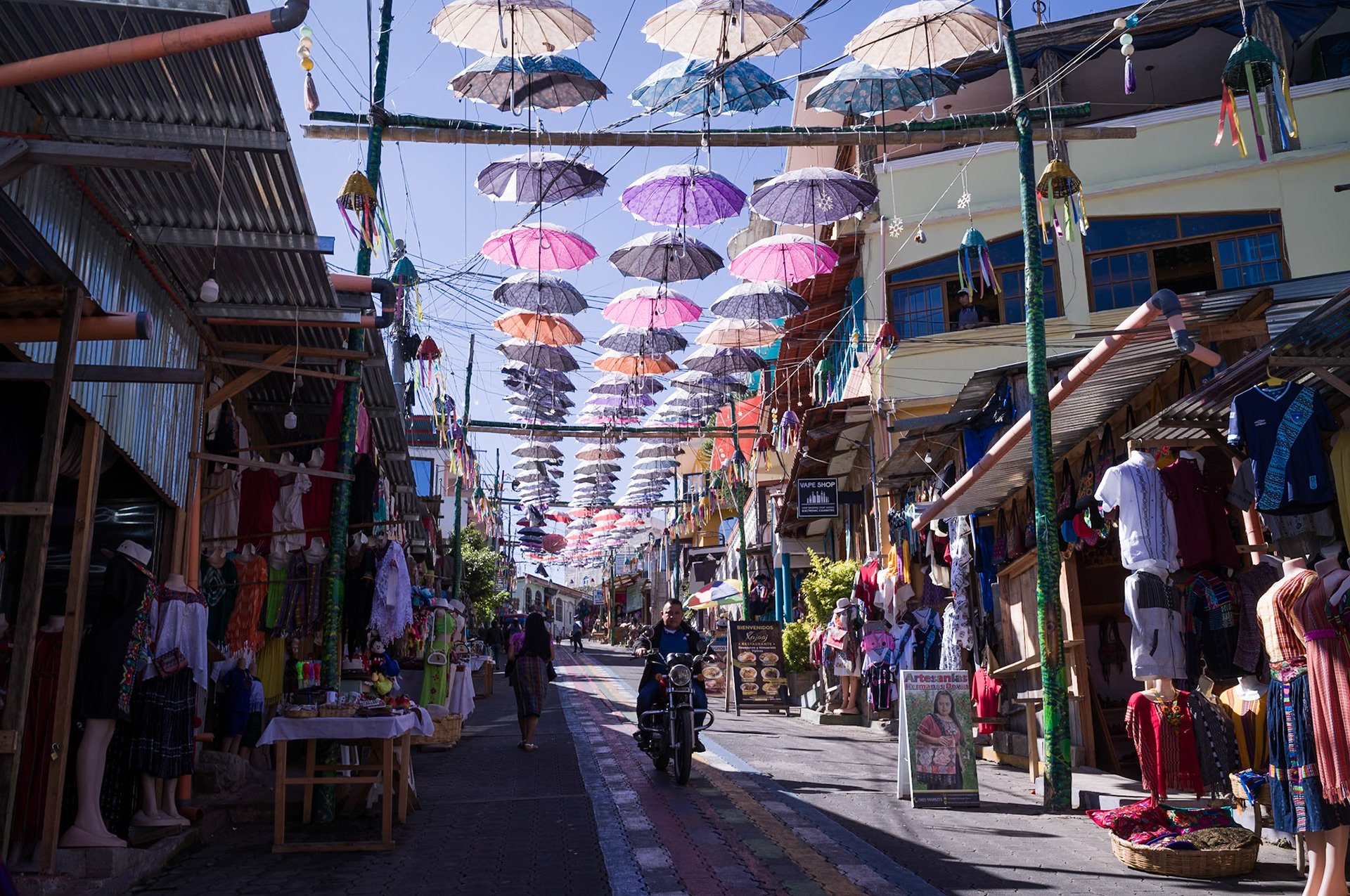

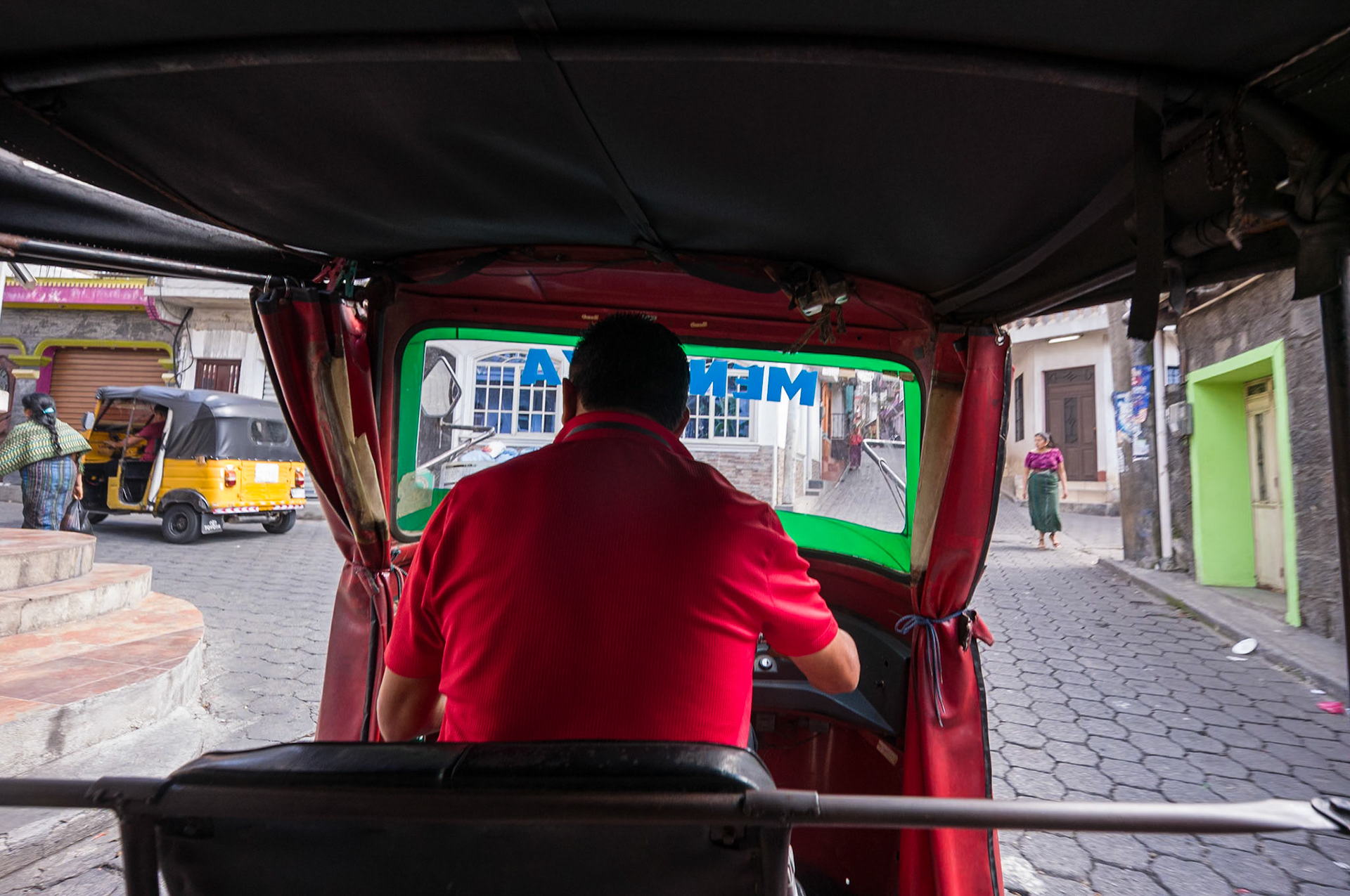
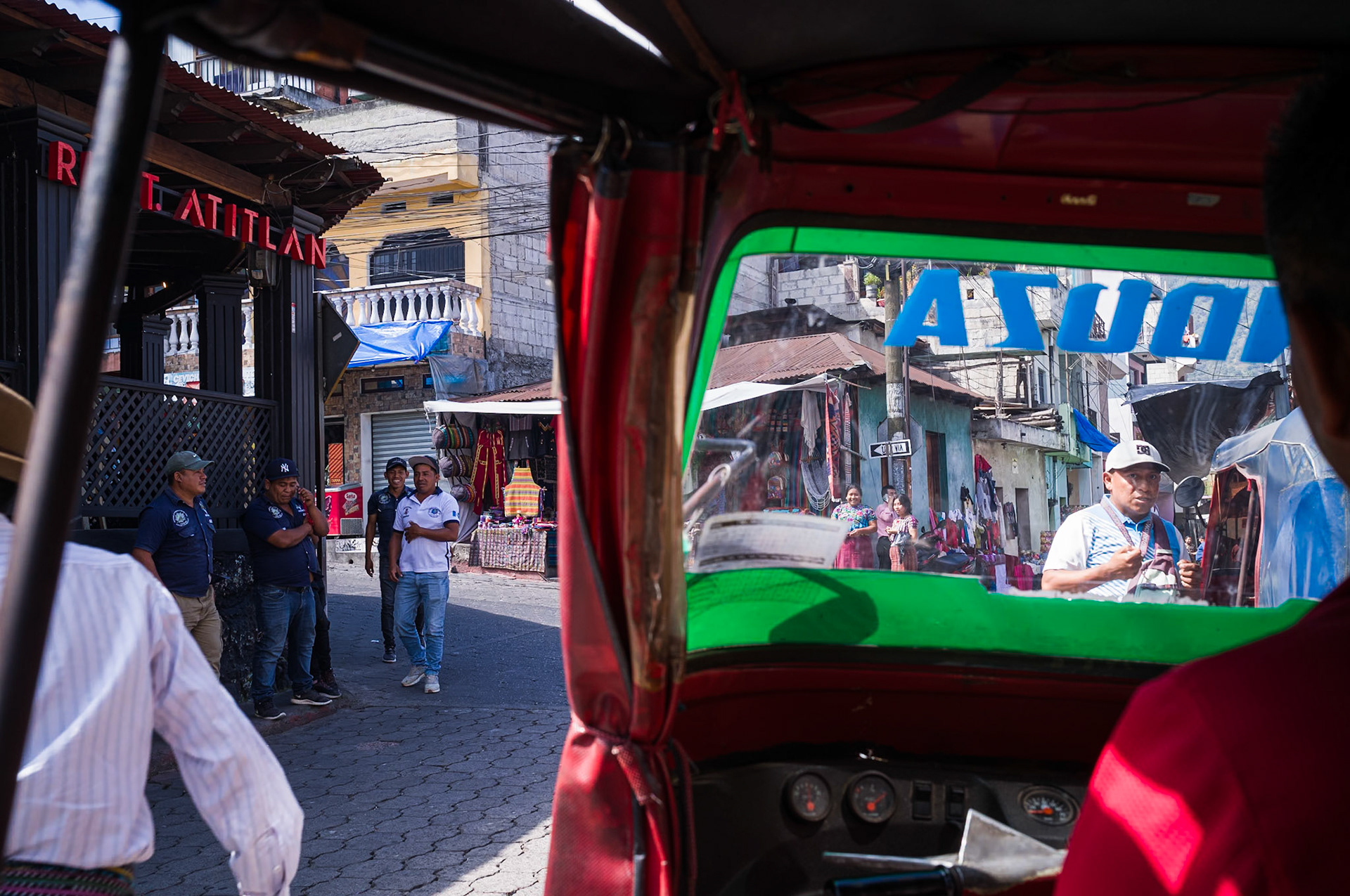
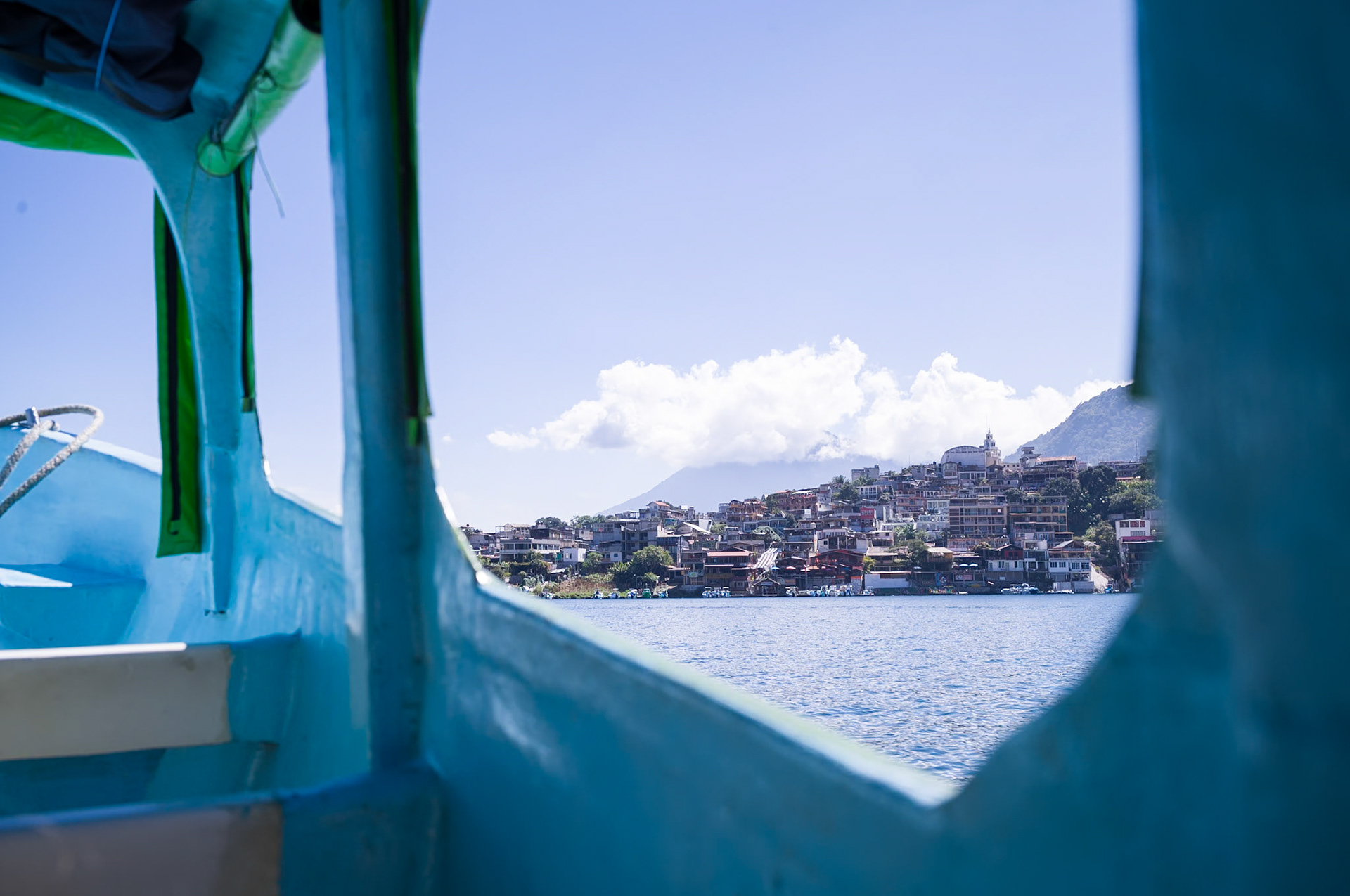
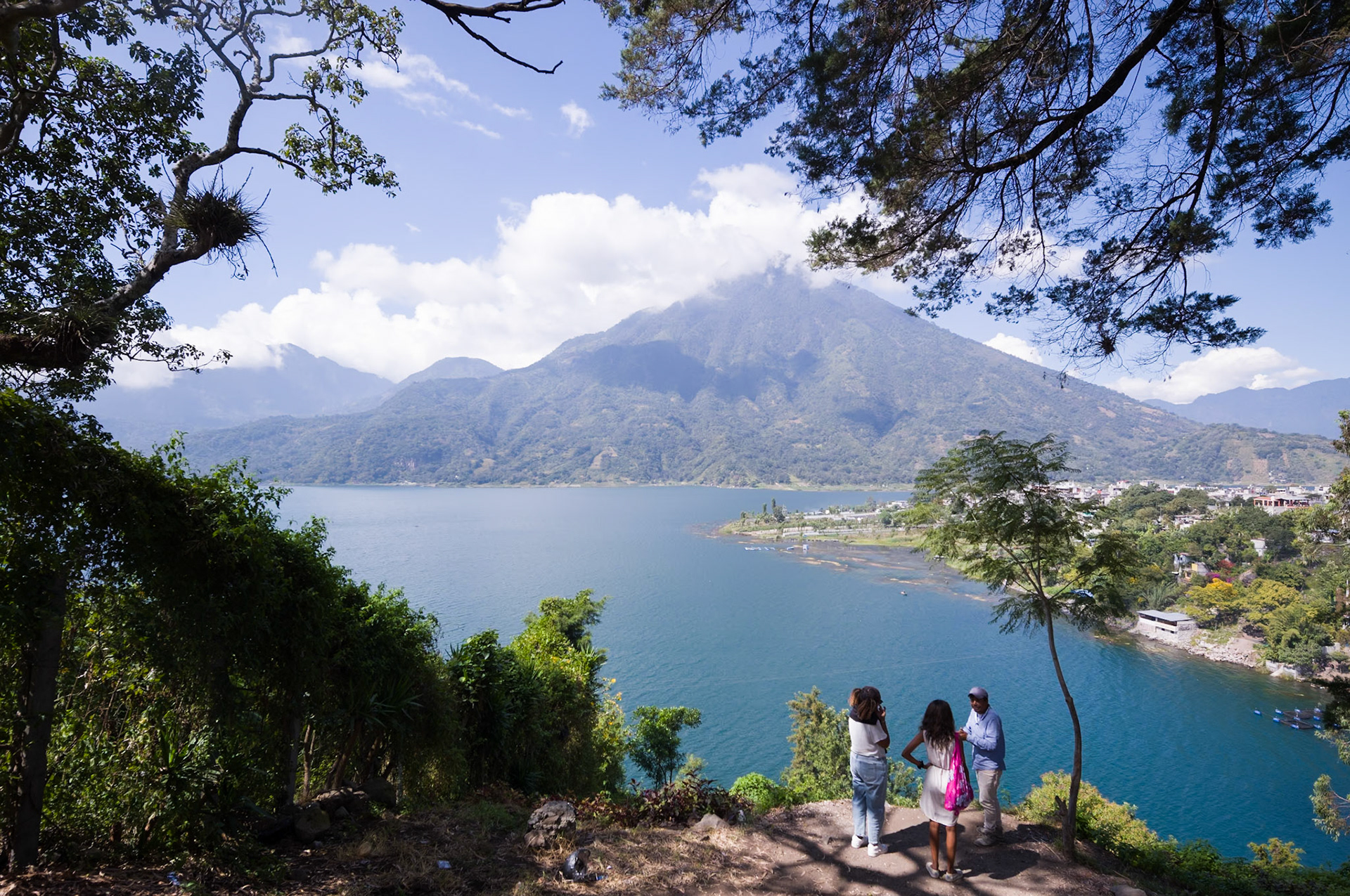
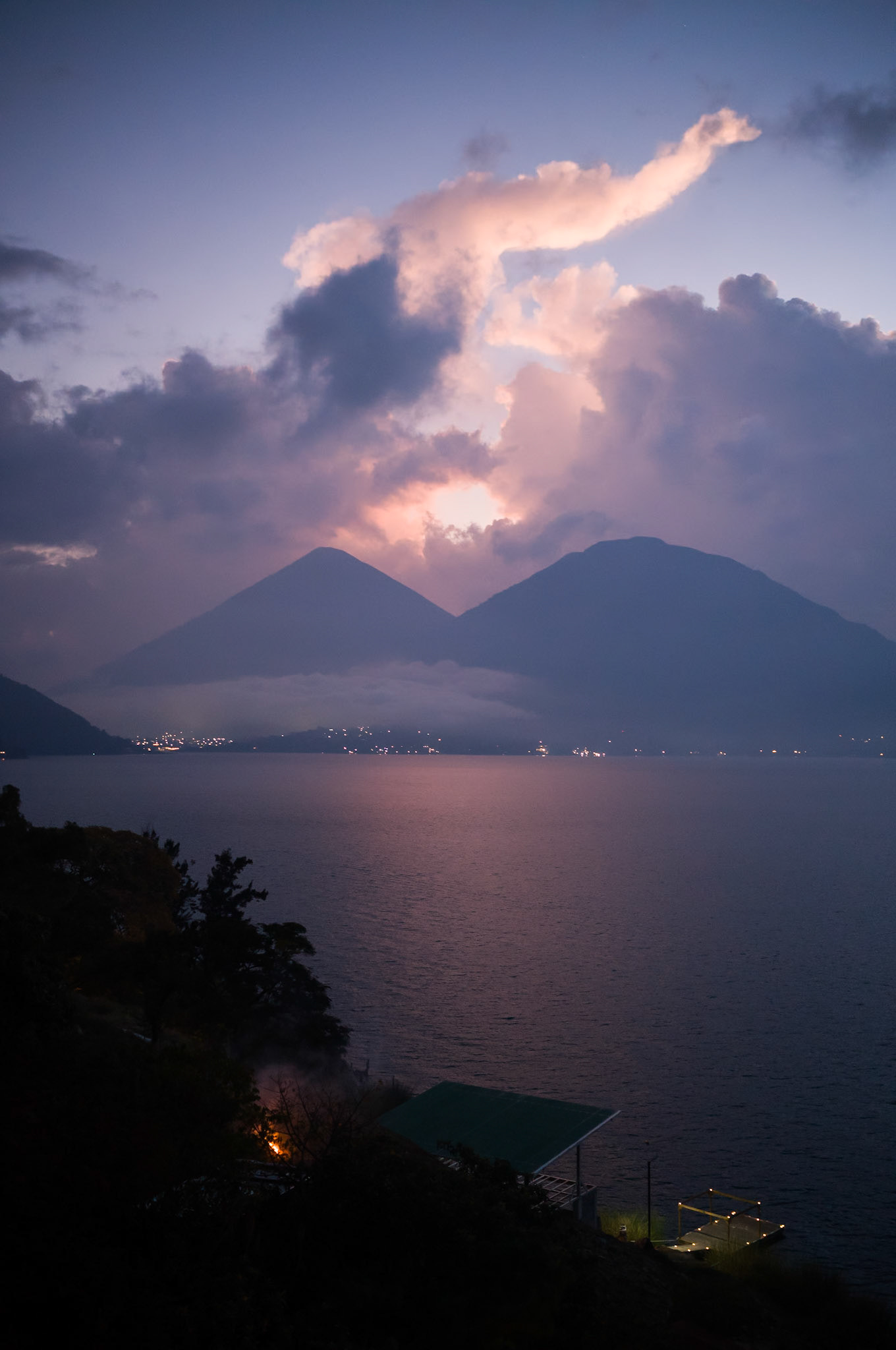
Lake Atitlán
Atitlán means “the place where the rainbow gets its colors”. Beautiful! A name befitting such a breathtaking place, with crystal clear blue waters and vibrant sunsets. The place where the rainbow gets its colors.
Hearing such a beautiful name prompted me to do some research. Atitlán is a word in Nahuatl, the language of the Aztecs. Wait - Nahuatl? Aztecs? Why are we discussing this in Guatemala, the land of the Maya? Great question!
Nobody truly knows, but perhaps Nahuatl-speaking peoples such as the Pipil or Tlaxcaltecs were present in the region around the Lake and gave it a Nahuatl name. Or perhaps since the Maya and Nahuatl people were neighbors, interacting through trade, a Nahuatl name was adopted and aptly used. Alternatively, when the Spanish conquistadors arrived, they might have relied on Nahuatl-speaking guides and interpreters, who used their own language.
More generally, about language in Guatemala: 40-60% of the population of 16 million are considered indigenous Mayan. So while you can get by on Spanish, there are places you can go where the locals do not understand a lick of “Buenos Dias”, “Gracias”, or “Estar más perdido que un pulpo en un garaje”. You will have to learn a bit of Mayan, which can be tricky since it is hit or miss whether you will be speaking the right language!
What I mean is that “Mayan” is not a single language. There are 30 distinct Mayan languages, each with its own dialects and variations. In Guatemala, 21 are primarily spoken, with the Lake Atitlán region speaking 3:
Tz'utujil: Spoken in towns on the southern shores of Lake Atitlán, such as Santiago Atitlán and San Pedro La Laguna
Kaqchikel: Found in towns on the eastern shores of the lake, including San Lucas Tolimán and San Antonio Palopó
K’iche’: While not as concentrated around the lake as Tz'utujil and Kaqchikel, K’iche’ is spoken in some communities in the broader region surrounding Lake Atitlán
Memorizing a few key words, like “matiox” for “thank you”, was worth it, especially for the friendly giggles from local women each time I tried it out. Over the past year, my language-learning journey has been filled with humorous missteps, but I've come to embrace the laughter that accompanies them. After all, laughter is a universal language, a shared bond that transcends words and brings us all closer together.